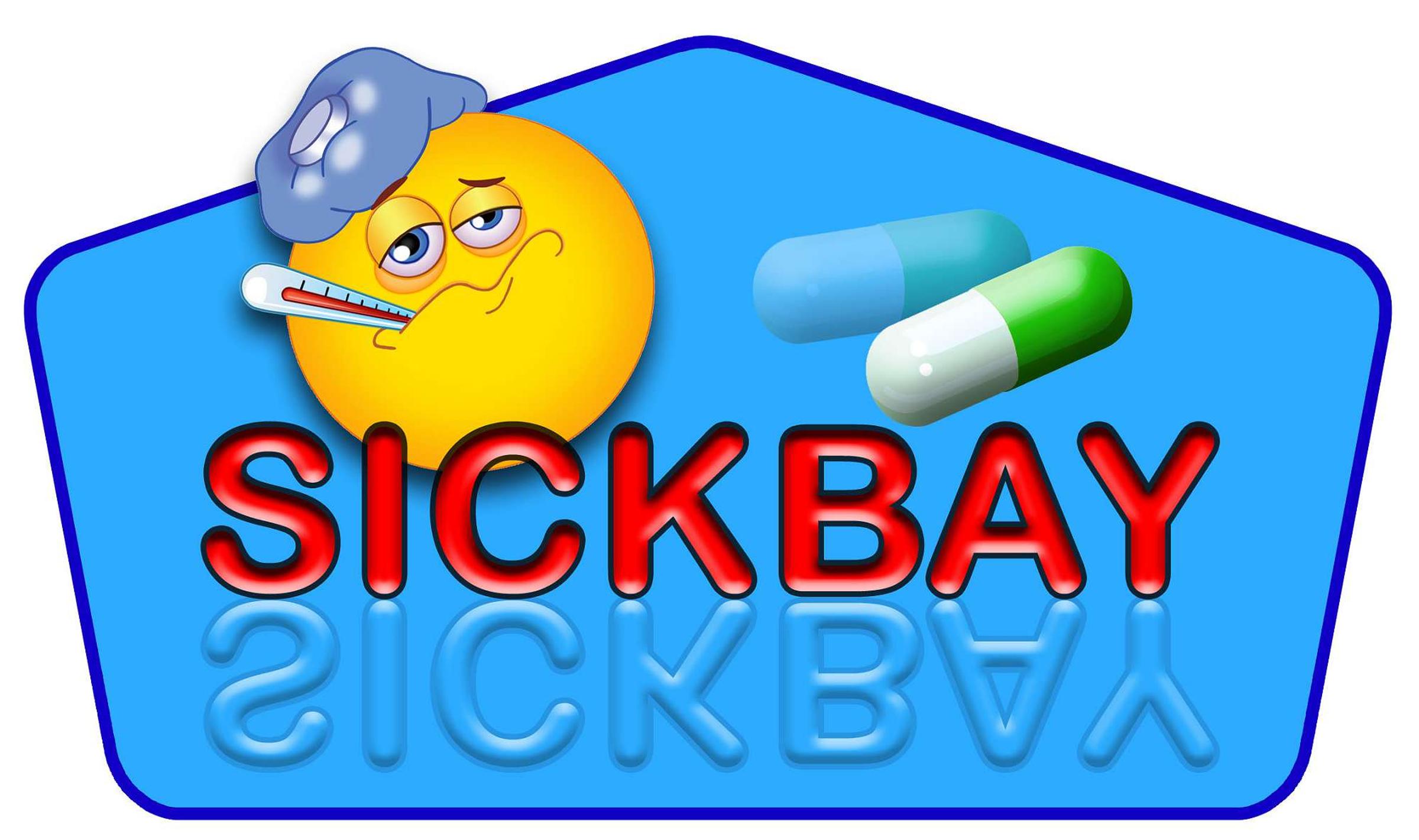First Aid

Managing illness In Schools and Early Childhood Services during the coronavirus
(COVID-19) pandemic
One of the most important things we can do to slow the spread of coronavirus (COVID-19) in our community is to stay at home when we are unwell, even when we have the mildest of symptoms.
What you need to know:
1. If a child is unwell, even with the mildest of symptoms, they must stay at home
- If a child becomes unwell during the day, they must be collected from school/early childhood education and care (ECEC) as soon as possible.
2. If a child has any of the symptoms of coronavirus (COVID-19) outlined below, however mild, they should get tested and they must remain at home until they receive their results:
- fever
- chills or sweats
- cough
- sore throat
- shortness of breath
- runny nose
- loss of sense of smell or taste.
In certain circumstances headache, muscle soreness, stuffy nose, nausea, vomiting and diarrhoea may also be considered symptoms.
For further advice:
- call the 24-hour coronavirus (COVID-19) hotline 1800 675 398
- call a general practitioner
- use the Department of Health and Human Services (DHHS) online self-assessment tool.
Visit: Where to get tested.
3. A child must stay at home until they are symptom free, even if their coronavirus (COVID-19) test is negative
If a person has tested positive for coronavirus (COVID-19) they must isolate until they receive clearance from the Department of Health and Human Services. Read the What to do if you've tested positive for coronavirus (COVID-19) factsheet (PDF) for more information.
If a person is a close contact of someone who has tested positive for coronavirus (COVID-19) the Department of Health and Human Services will get in contact to tell them they are a close contact of a person who is confirmed to have coronavirus (COVID-19). A close contact must quarantine at home. Read the What to do if you have been in close contact with someone with coronavirus (COVID-19) factsheet (Word) for more information.
For information on the minimum periods students and children need to stay at home for other conditions, refer to the DHHS school exclusion table.
4. Children do NOT need a medical certificate before returning to school/ECEC
Once symptoms have cleared, there is no requirement from the Department of Education and Training or DHHS for children/students to have a medical certificate before they return to school/ECEC.
Thank you for your support in following these steps, together we can all stay safe.
